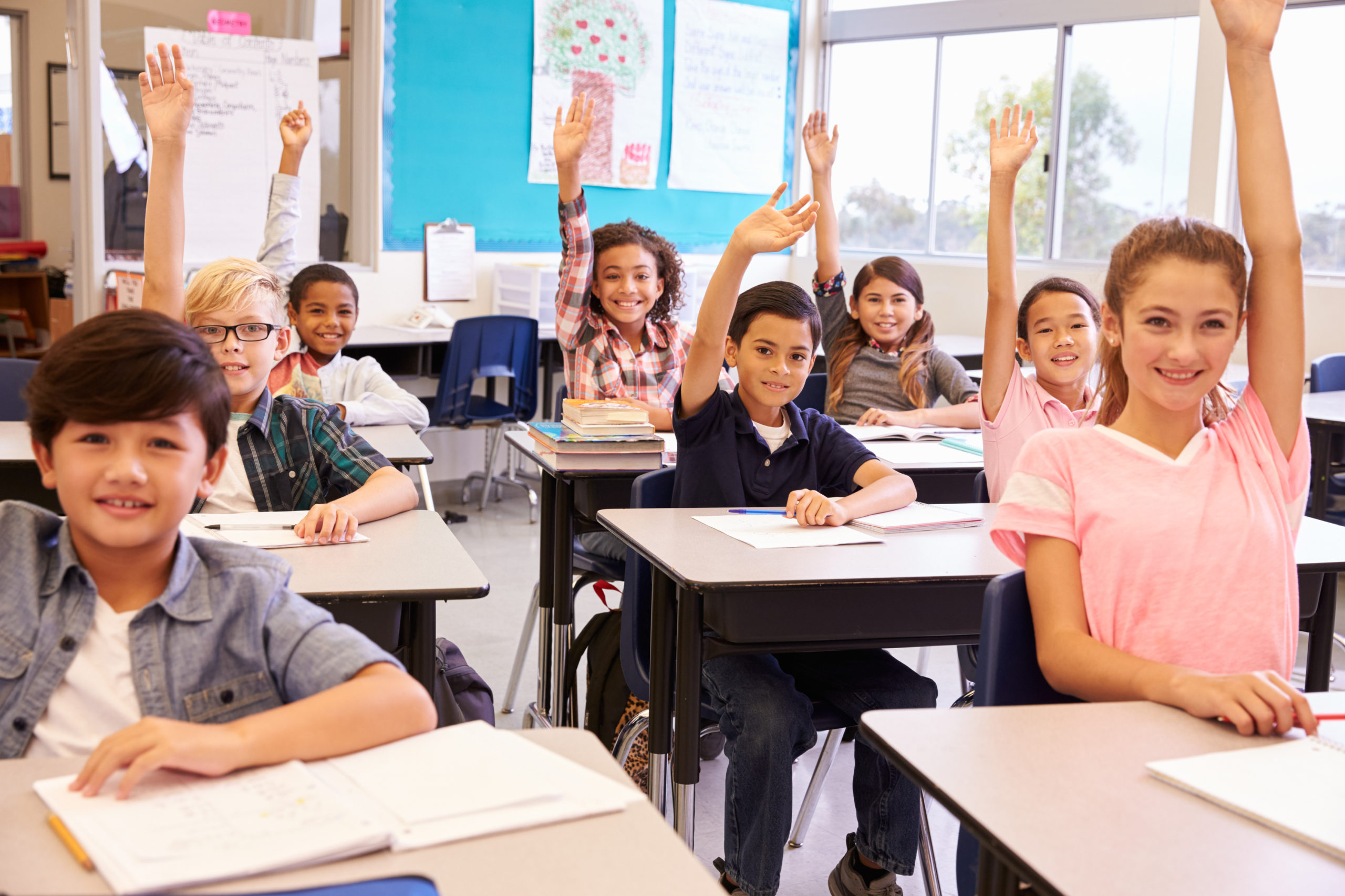The Impact of College Environments on Academic Success and Personal Wellness
The college setting significantly affects both academic success and personal health, including aspects such as physical format, class environment, and social characteristics. The design of instructional rooms, including natural illumination and ergonomic furniture, can improve trainees' focus and convenience. The quality of teacher-student partnerships and the nature of peer interactions play critical functions in cultivating an environment favorable to finding out and psychological assistance. Comprehending how these numerous factors interaction to form trainee results elevates vital questions regarding enhancing educational setups for alternative development. How can colleges strategically enhance these facets to much better sustain their pupils?
Physical Format and Design
Exactly how does the physical design and style of an institution influence scholastic success? The plan and visual of a school setting can substantially affect students' learning results. A well-designed school layout advertises convenience of activity, lowers interruptions, and fosters a feeling of security and belonging. For circumstances, broad corridors and plainly significant areas assist in smooth transitions between courses, lessening lateness and disturbance. Additionally, strategically positioned common locations urge social interactions, which are essential for social and emotional growth.
Natural lights and effective air flow systems are critical in improving cognitive feature and reducing absence. Studies have revealed that class with sufficient natural light enhance student focus and lower feelings of drowsiness. Moreover, ergonomic furniture customized to pupils' needs can prevent physical discomfort, enabling for prolonged focus and engagement in academic activities.
Accessibility to outdoor areas and visually pleasing environments likewise play a vital duty - Save Temecula Schools. Green rooms and well-maintained institution grounds provide possibilities for workout and mental relaxation, both of which are necessary for preserving high degrees of scholastic efficiency. In essence, an attentively designed physical atmosphere can serve as a stimulant for scholastic quality, cultivating an ambience that supports both teaching and learning
Class Atmosphere
A favorable class atmosphere is fundamental to attaining academic success. An environment that fosters a feeling of safety and security, inclusivity, and common respect urges trainees to engage even more proactively in their knowing processes. The setting of a class, including aspects such as illumination, sound degrees, and seating setups, can substantially influence trainee focus and inspiration. A well-ventilated, well-lit classroom with marginal distractions can boost cognitive feature and decrease tension, thus advertising much better scholastic outcomes.
Moreover, the class environment should support a culture of partnership and open communication. They are much more likely to involve deeply with the material and develop vital assuming abilities when students feel comfortable revealing their concepts and asking inquiries. Peer interactions and team activities can boost understanding by providing varied viewpoints and promoting synergy
In addition, establishing regular regimens and clear expectations can develop a structured atmosphere that permits students to concentrate on their studies. By minimizing uncertainty and offering a foreseeable framework, trainees can better manage their time and duties. Inevitably, a positive classroom atmosphere not only improves scholastic performance yet likewise contributes to the total health of pupils, preparing them for future educational and individual ventures.
Teacher-Student Relationships
Building on the relevance of a favorable class environment, the relationships in between pupils and teachers play a crucial duty in forming academic success. A healthy and balanced teacher-student partnership cultivates a look what i found learning atmosphere where pupils feel valued, understood, and sustained, which dramatically boosts their motivation and involvement. When students view their instructors as empathetic and approachable, they are more probable to take part proactively in class and look for assistance when needed, adding to a much deeper understanding of the subject.

This depend on allows pupils to share their concerns and ideas freely, promoting a collaborative knowing setting. In significance, solid teacher-student relationships are a foundation of academic success, playing a critical function in both academic achievement and individual advancement.
Peer Interactions
Peer interactions substantially influence scholastic success by shaping a trainee's social and cognitive development. Positive peer communications can enhance a trainee's motivation and go to website involvement in academic tasks via collective understanding and shared support.

Effective peer communications likewise add to the development of important life abilities, such as collaboration, communication, and problem resolution. These social proficiencies are essential for both scholastic success and personal well-being, emphasizing the significance of promoting favorable peer characteristics within the institution setting.
Extracurricular Tasks
Taking part in extracurricular activities plays an essential duty in a trainee's academic success and individual growth. These tasks, ranging from sports groups to discuss clubs, use pupils opportunities to refine valuable abilities such as leadership, recommended you read time administration, and teamwork. Research constantly shows that trainees that take part in extracurricular tasks have a tendency to achieve higher scholastic performance. This connection is often connected to the structured environment and the discipline required to stabilize both extracurricular and scholastic commitments.
Furthermore, extracurricular participation cultivates a sense of belonging and area, which is vital for individual health. Joining group tasks allows trainees to construct and reinforce socials media, improving their psychological and social knowledge. These interactions are crucial for developing interpersonal abilities that are beneficial in both academic and future professional environments.
In addition, extracurricular tasks offer a useful outlet for students to explore their rate of interests and passions beyond the basic educational program. This exploration can lead to the discovery of brand-new talents and possible job paths, additionally motivating pupils to involve more deeply in their academic job. To conclude, the duty of extracurricular activities expands beyond mere entertainment; they are important to fostering an all natural instructional experience that promotes both academic success and individual growth.
Conclusion
Thoughtfully developed physical designs and class, along with favorable teacher-student partnerships and useful peer interactions, dramatically improve pupil motivation and involvement. These components collectively highlight the value of developing and preserving ideal college settings for the benefit of pupils' personal and scholastic development.
Eventually, a positive classroom atmosphere not only enhances scholastic performance yet additionally contributes to the total well-being of trainees, preparing them for future academic and personal undertakings.
